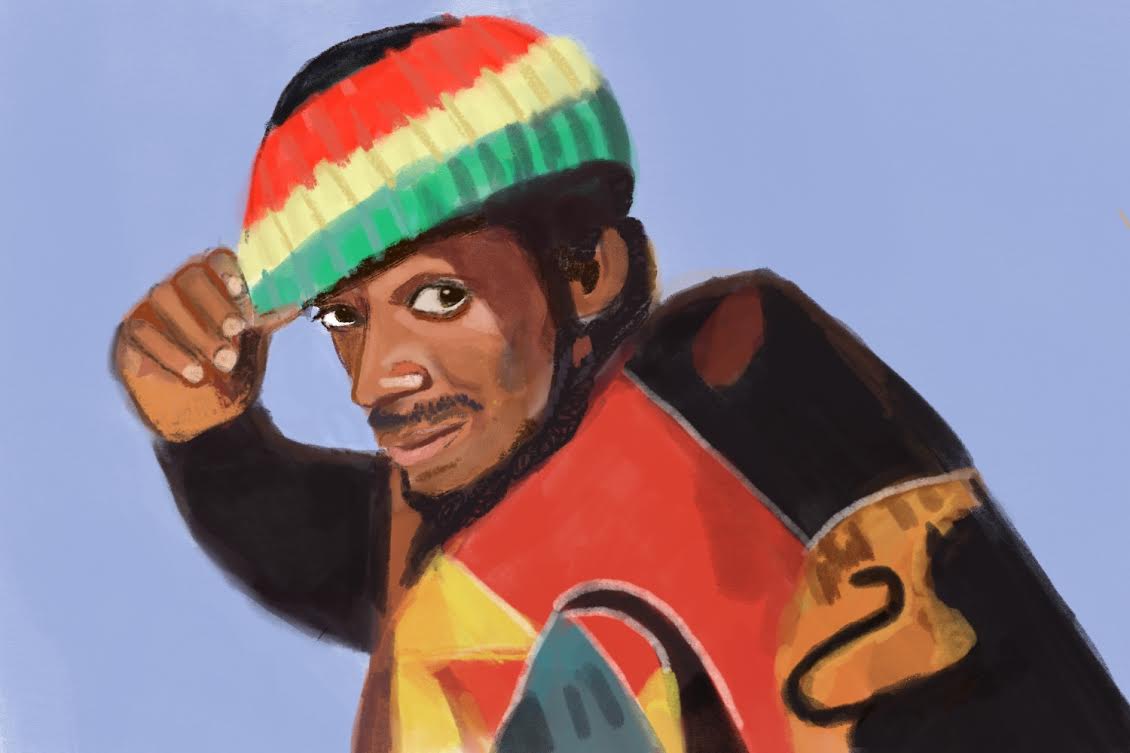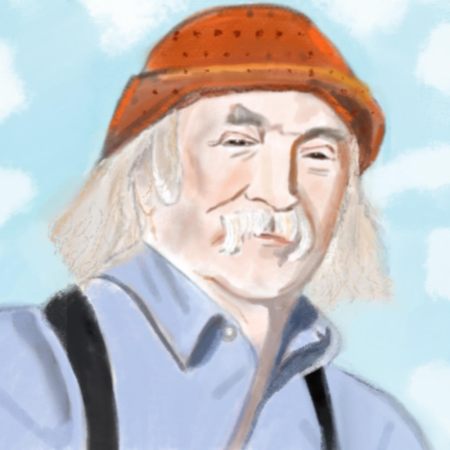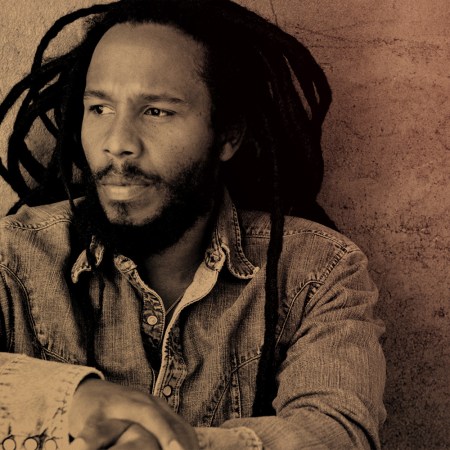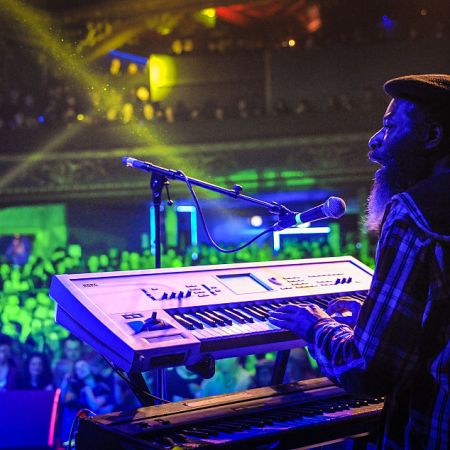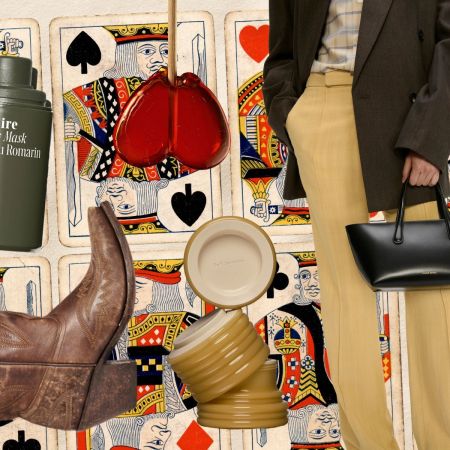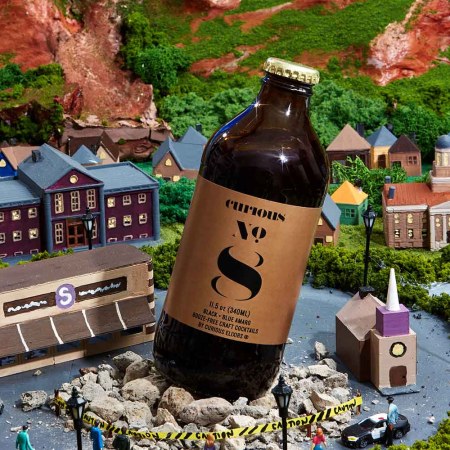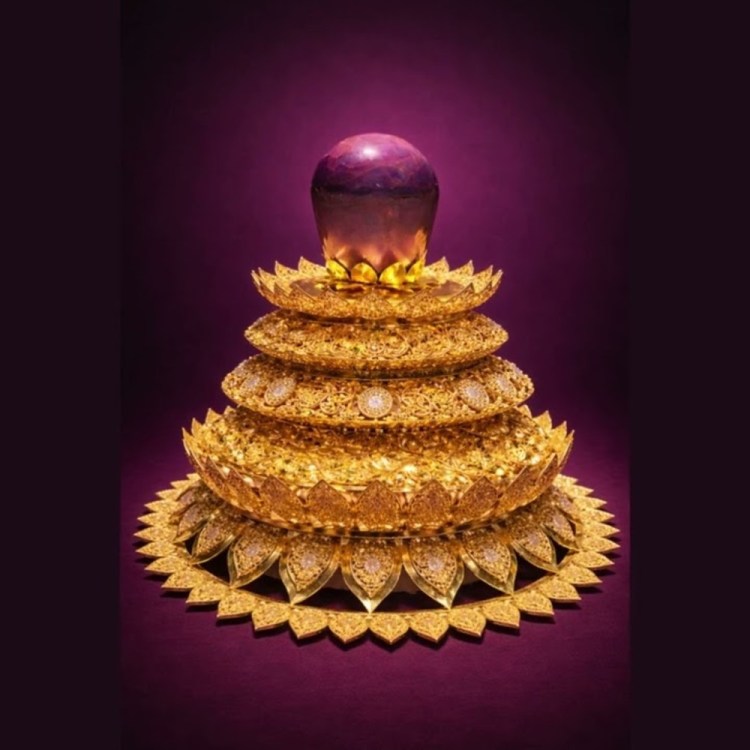Welcome back to “The World According To …” series in which InsideHook solicits advice from people who are in a position to give it. Our latest subject is Jimmy Cliff, who is credited with popularizing reggae on an international scale. Since 1962, Cliff has recorded classics, including “You Can Get It If You Really Want,” “The Harder They Come” and “Wonderful World, Beautiful People.” At 71, Dr. Cliff (a title he enjoys, but does not insist upon) is as quick and alert as ever. With the recent release of a new blu-ray, three-disc version of the film that catapulted him to fame, The Harder They Come, the musician and actor talked to InsideHook about performing the hits, playing Carnegie Hall and his favorite curse word.
Where is the most interesting place you’ve ever visited?
Without a doubt, it’s Africa. This February, I was in Liberia. I was given my own piece of land by the sea, which I intend to build on. It is the first time I have ever been given my own plot of land. I’m going to build quite a nice house. I will invite people from the West who want to come back just to step foot on their motherland.
What’s one piece of art — be it a song, painting, photography, a book — that changed the way you view the world?
I have a piece from Kenya, the outstretched wings of Isis. Even though Isis was from ancient Egypt, I find that she’s known all over, from south to north, from east to west. Isis is one of the gods that I revere a lot. I have that on my mantle in Jamaica.
Of the gods and goddesses in Africa — and there are many, from Congo to Ghana to Southern Africa — I love her because she was the most inspiring. Let’s look at the heart of Christianity: the mother and child, Mary and Jesus. That’s where it came from. That was Isis and Horus. She inspired the most popular religion in the world today. She was a very impressive woman; she was an enchantress, she was magic, she was beautiful.
Had you not dedicated your life to reggae, what would you have been?
When I was six years old or thereabouts, it was recess time and I was singing in one of the schoolrooms. Some girls came by and said “Where’s the radio?” And I said “What radio?” And she said, “We heard the radio playing in here.” I said, “There’s no radio. I was singing.” I knew, then, Wow, I have something here that attracts people. But I didn’t know what else I would do, even at that early age. I was not the brightest academic child in school. Whenever the time came for a play, of course, I lit up. I was a good artist; I could draw and paint. I was born an artist, and I loved to act. Matter of fact, I thought I was a better actor than a singer.
Do you have a favorite curse word?
I’ve picked up curse words from all over the world, but it’s a Jamaican one: Bumbaclat. You use that one swearing in anger, and we also use it in laughter.
What words would you put on your tombstone?
Someone who has accomplished everything in this life that he wanted. Now, I am in no hurry to go, and I don’t envision myself going any time soon. If I should go tomorrow, I don’t think they could write that, so that’s a reason to stay here for another 20, 30, 40 years.
What’s your worst habit?
I’ve cut out a lot of my bad habits. I still am a very generous spirit, and because of that, I see where I’m taken advantage of. It’s not a bad thing at all to be generous, but because of that I’ve been taken advantage of. I’ve given up smoking, I’ve given up drinking. I still drink wine now and again for an occasion, or a Champagne, but all of those things are mostly in my past. I’ve just grown out of it. But on my rider, I still ask for a bottle of Dom Pérignon. I do give a lot of them away.
Related: The World According to David Crosby
In a review of your 1974 performance at Carnegie Hall, a critic says, “Perhaps it’s racist to expect reggae to be happy good-time music, but Mr. Cliff could profitably relax and give us a little bit more of that, just the same.” Was that, in fact, a racist assumption?
I remember that because it was my first time in America. I was performing at a very prestigious place in the U.S., and it might not have been the best setting at the time for reggae music. Reggae music wasn’t, and isn’t, just a happy music, like he said. It came out of a situation where we needed something to make us happy, especially those of us from the lower economic ladder of society. It was also an expression that we never got justice, we never got what we now call reparations for building that country. We’re not looking for reparations from Jamaica, but from England.
That’s a frame of mind I sang with and still do, but I don’t carry a heavy burden on my shoulder. Everyone was expecting a very happy guy, so I guess [the critic] was right. But I don’t know if I would classify it as being racist. It could be.
Sixty years after you recorded it, do you recognize the teenager who wrote and sang “Hurricane Hattie”?
I’m still handsome as that guy. He was hungry, yearning to show what he has, and I’m still that guy today.
When you sing a big hit like “Harder They Come,” do you have an emotional connection to the material? Is it an obligation, or is it still satisfying?
It’s still satisfying. Every time I perform it, I get something different out of it.
I remember one night in Australia, I didn’t put that song in my show, and a friend came up to me after the show and he said “Hey, what’s happening man? You don’t play ‘Harder They Come’ no more?” And he said it in a tone almost like anger. So I’m not only doing it for myself; I also do it for the fans out there who come to hear that. I heard Elton John would never perform the song he sang for Princess Diana again. I’m not one of those artists who would say there’s a song I wouldn’t perform again, when I know my fans are looking for it. I still get satisfaction from them.
Do you have a favorite passage in literature?
I loved to recite poems. In our schools, the teacher could cane you, beat you— and she used to beat me a lot! To tell you the truth, I hated her. But this teacher, whenever anyone would come to visit our classroom, she used to say, “James, stand up and recite a poem!” And I would. So she would call me to recite poems to make her look good. “The heights by great men reached and kept were not attained by sudden flight, but foes while their companions slept, were toiling upward through the night.”
That was inspiring to me.
Do you still consider yourself a “bongo man”?
Oh, yes, absolutely. It’s one of my, shall I say, attributes. The bongo man is the African man who was brought over here to the West, and has gone through all that he has gone through, survived it, and still kicking ass.
This article appeared in an InsideHook newsletter. Sign up for free to get more on travel, wellness, style, drinking, and culture.
